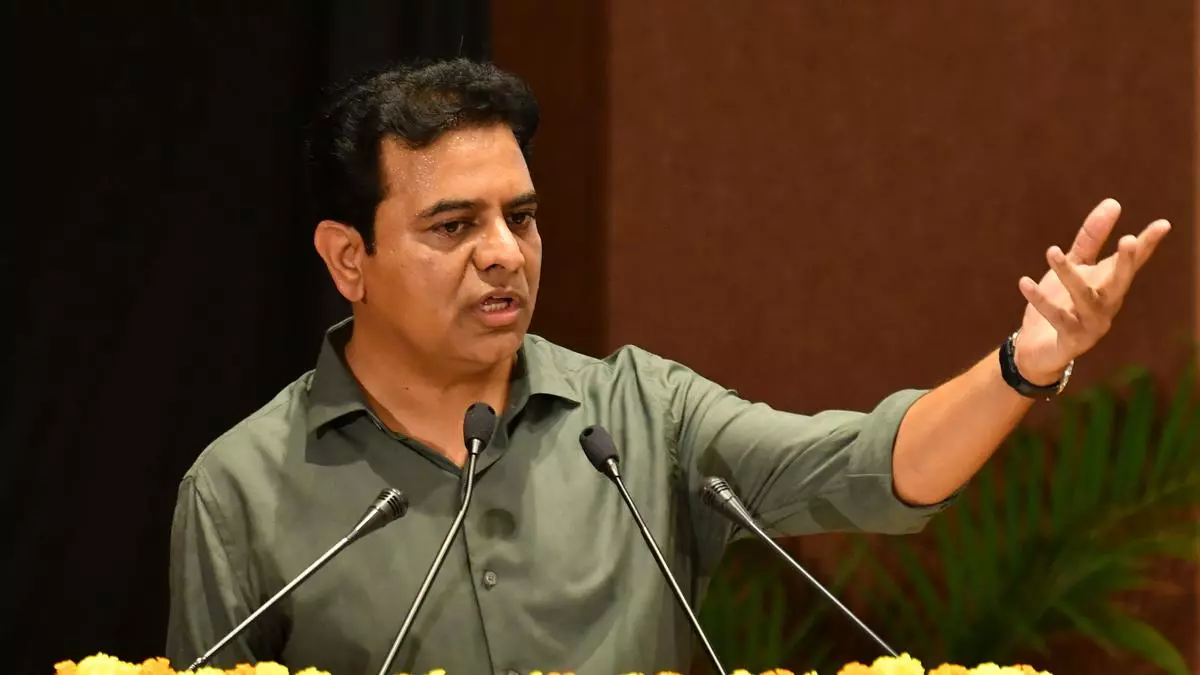7,000 Telangana farmers benefit from WEF’s ‘Saagu Baagu’ pilot
The ‘Saagu Baagu’ (Agricultural Advancement) Pilot Project in Telangana under the direction of the World Economic Forum (WEF) has impacted the lives of more than 7,000 chili farmers in the state and the second phase of the project is scheduled to commence.
The impact on the lives of these farmers was created by providing them with access to agricultural technology services such as AI-based advisory, soil testing, product quality testing, and e-commerce – under the “Saagu Baagu” pilot project. The World Economic Forum has also released a report, “How Artificial Intelligence and Emerging Technologies Are Shaping the Future of Agriculture in the Indian State of Telangana” based on the findings of the “Saagu Baagu” Pilot Project.
AI4AI The core of the project
In a statement, the Swiss-based World Economic Forum said the “Artificial Intelligence for Agricultural Innovation” (AI4AI) initiative is at the core of the “Saagu Baagu” project, addressing the challenges of fragmented technology infrastructure, high costs of operations, lack of access to data, and limited technical expertise, while hampering its scope of impact.
AI4AI aims to transform the agriculture sector in India by promoting the use of Artificial Intelligence (AI) and other emerging technologies.
The “Saagu Baagu” project focuses on transforming each agricultural value chain by facilitating the delivery of agricultural technology services to the end customer through administrative and policy support and through digital public infrastructure.
“I am delighted to announce the release of the Saagu Baagu Phase 1 Report, which highlights our groundbreaking collaboration with the World Economic Forum. Through the use of artificial intelligence, we aim to empower farmers through data-driven crop advice and market intelligence, ultimately seeking to boost agricultural prosperity within our state,” said KT Rama Rao, Minister of ITE&C, Industries, Trade, and Urban Development in Telangana.
Expansion to cover peanut farmers
“The experience of Telangana highlights the need for governments to play an enabling role and consider non-financial but high-impact areas to help scale up agritech services. There is also a need to focus on value chains to ensure efforts are focused, organized and result-oriented,” said Purushottam Kaushik, Head of the World Economic Forum’s Center for the Fourth Industrial Revolution in India.
The project started in 2022 and is being implemented by Digital Green (in a consortium of three agrotech startups) with support from the Bill and Melinda Gates Foundation. In the second phase, the scale of the project will be expanded from 2023 onwards to 20,000 chili pepper farmers and land in three regions. Public infrastructure – India’s first agricultural sandbox, agricultural data exchange and agricultural data management framework – will be included at this stage to support agricultural technology services.
In the third phase, which will start in 2025, other crops and regions will be included and at least 100,000 farmers in Telangana will be roped in.
